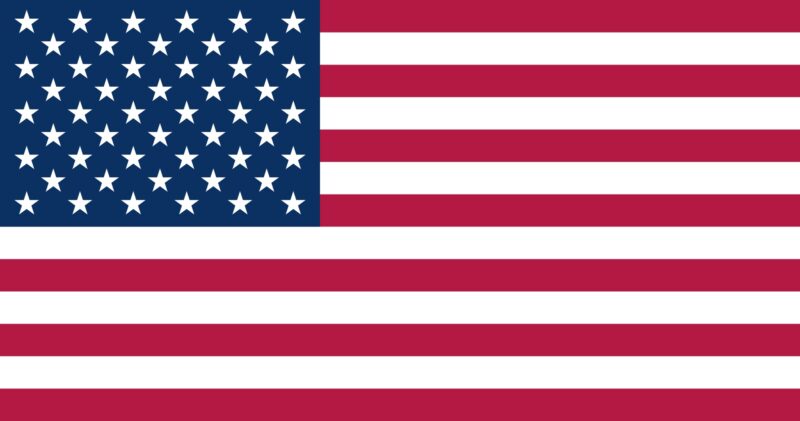Key Points:
- Cases of fraud involving impersonators claiming to be consulate staff, customs officers, or police officers have been reported.
- Scammers instill fear by implying involvement in crimes and threatening arrest or deportation while demanding credit card details or money.
- If you receive a suspicious call, hang up and consult someone you trust.
Details:
1. Overview of Reported Cases
(1) Case 1
- A person claiming to be Ishikawa from the Consulate General of Japan in New York called, saying:
- “Your bank account has received a large sum from a criminal group and is being used for money laundering.”
- “A phone contract under your name is being used by a scam group.”
- The call was transferred to someone claiming to be Sakai from the Yamaguchi Prefectural Police, who conducted an “interview” via LINE video call under the pretense of preparing a report. They requested personal details and credit card information.
(2) Case 2
- A person posing as Kawasaki from the Customs Investigation Division called, stating:
- “Prohibited drugs were found in a package you sent from the U.S. to Japan.”
- The call was transferred to Sato from the Airport Police Station, who instructed the individual to report to the police on the same day. When this was deemed impossible, they were threatened with:
- “Your passport will be revoked, and you will be deported.”
- They also claimed, “You are a suspect, so do not share this information or answer other calls.”
- The individual was discouraged from consulting the consulate, being told, “The consulate lacks the authority to resolve this.”
2. How to Protect Yourself and Others
(1) Spread awareness of these scams to as many people as possible.
(2) Japanese public institutions will never demand payments such as taxes, fines, or bail money through informal channels.
(3) Ignore any suspicious calls, emails, or messages that you cannot verify.
(4) Even if the caller claims to represent a credible organization, never disclose personal information such as SSN, credit card numbers, or PINs.
(5) If contacted, hang up immediately and consult family, friends, coworkers, or the Consulate General (even if told otherwise by the scammer).




